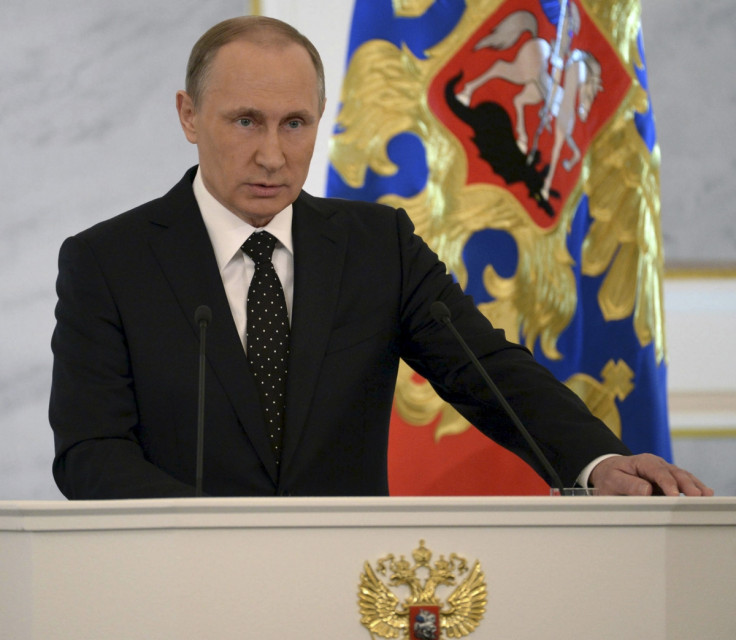Russia bans 29 British journalists from entering as war rages in Ukraine
Russia calls its action in Ukraine a "special military operation."
Russia has barred as many as 29 UK journalists, including journalists from the BBC, The Guardian, Times and The Independent, from entering the country.
Russia's foreign ministry has said that the action has been taken in response to the "spreading of false information about Russia", as well as "anti-Russian actions of the British government."
"The British journalists included in the list are involved in the deliberate dissemination of false and one-sided information about Russia and events in Ukraine and Donbas," read a statement from the ministry.
"With their biased assessments they also contribute to fuelling Russophobia in British society," it added.
Russia bans 29 British journalists, along with defence figures. Russia is afraid of truth. Real journalists are the mirror of their moral ugliness and cruelty
— Iuliia Mendel (@IuliiaMendel) June 14, 2022
Journalists and editors from other media outfits such as the Sunday Times, the Daily Mail, Daily Telegraph and Sky News have also been banned. The others who have been banned include military figures, senior aerospace figures and MPs.
In May, Russia passed a bill that gives prosecutors the power to close down foreign media outlets in Moscow if a country has been "unfriendly" to Russian media, according to a report in Reuters.
"In accordance with the bill, a journalist and a foreign correspondent may lose their accreditation if the fact of unfriendly action is established through the imposition of restrictions on the distribution of Russian mass media operating in a foreign country."
Since the start of the Russian offensive in Ukraine on February 24, the authorities have stepped up censorship -- which was already strict -- to control the way in which the war is portrayed on television and in the press, but also by private individuals on social networks.
Russia calls its action in the Ukraine a "special military operation" to stamp out what it sees as threats to its security. Using words such as "war" or "invasion" to describe the intervention or refer to actions against civilians is prohibited.
A new law against "fake news" makes it compulsory for Russians to describe Moscow's actions as a "special military operation", or face up to 15 years in prison.























